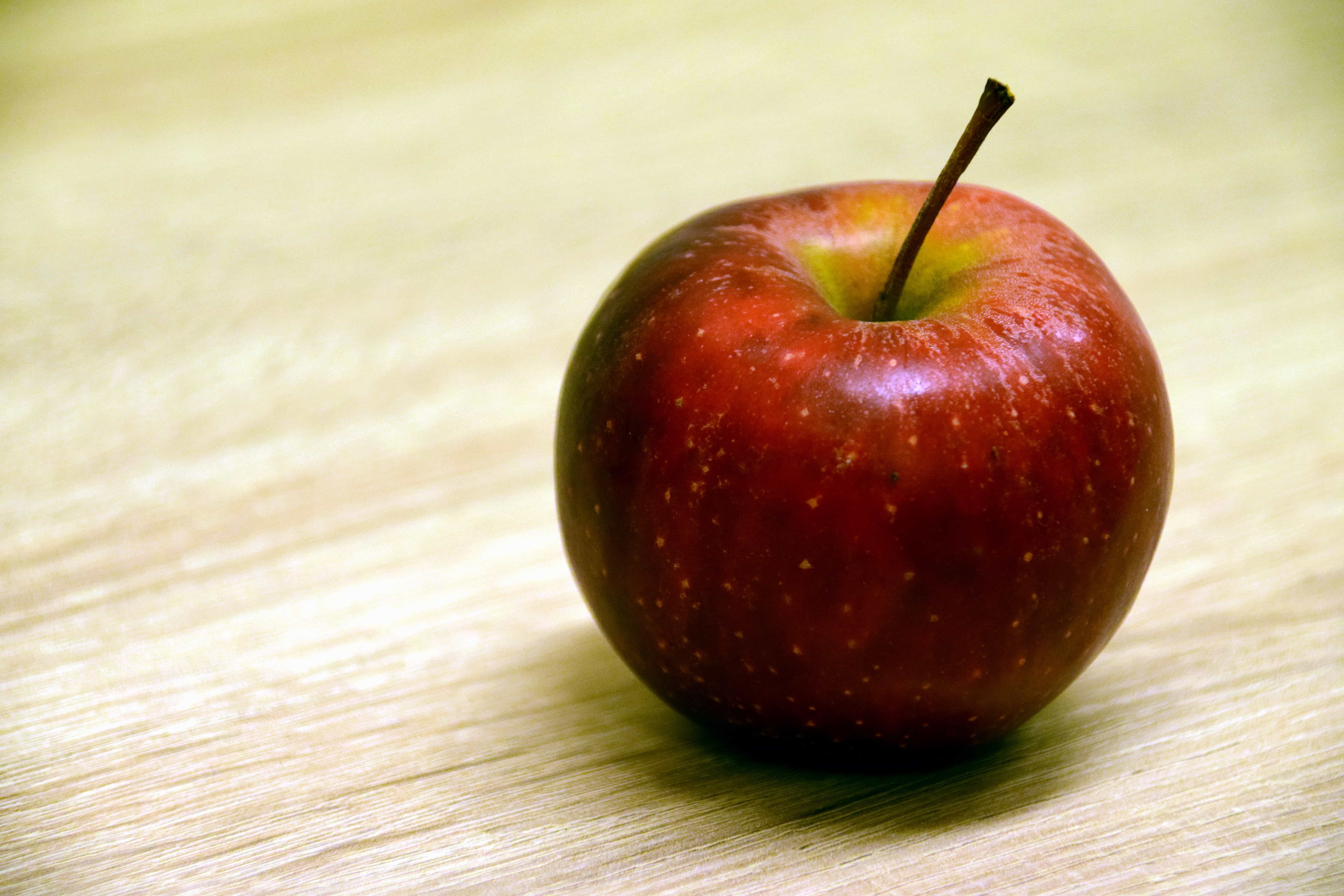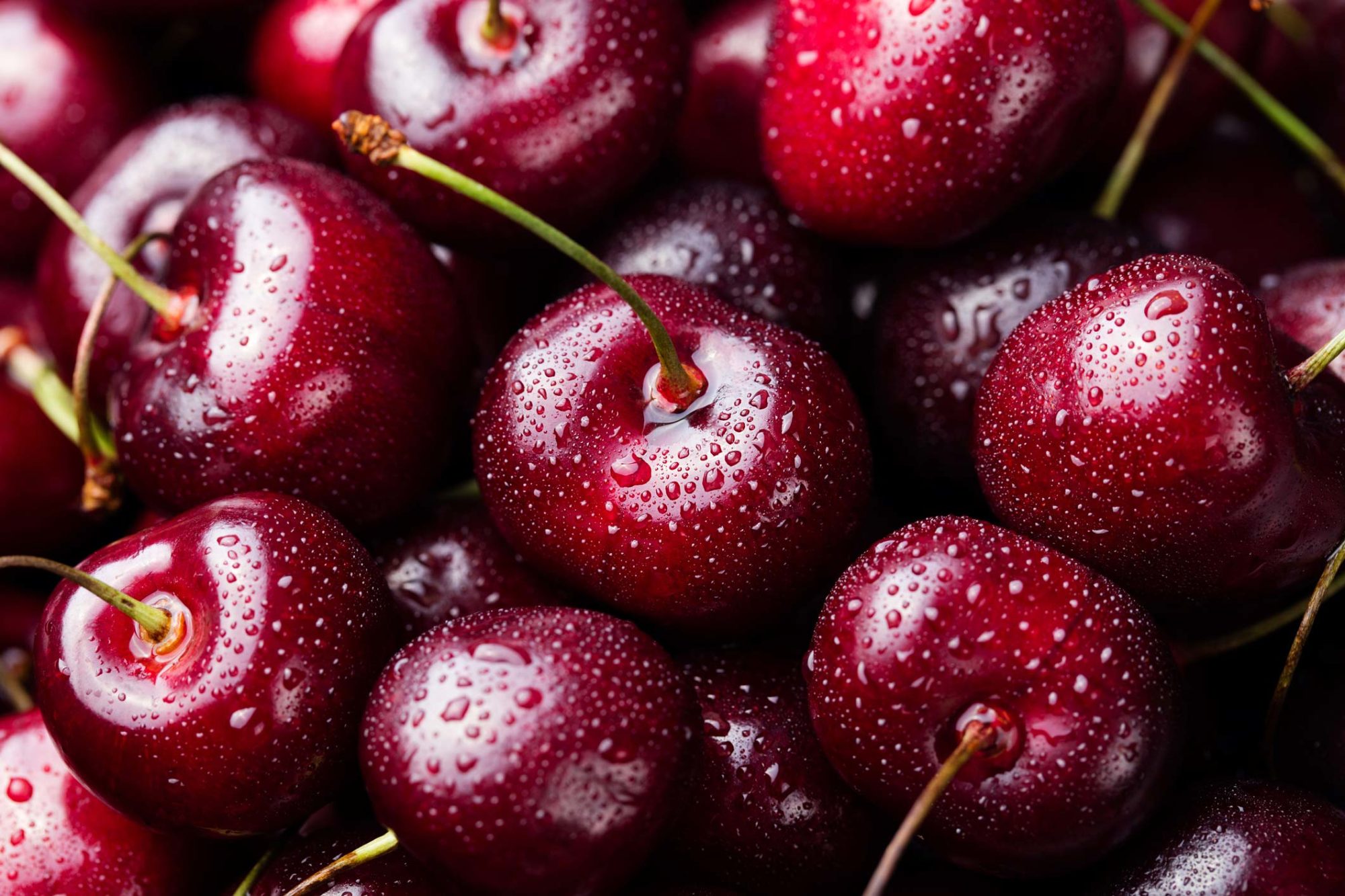Apple $
The Versatile Apple: Uses, Facts, Nutritional Benefits, and Tips
Introduction
Apples are one of the most popular and widely consumed fruits around the world. Known for their sweet and crisp taste, they come in various colors and varieties, each with its unique flavor and texture. In this blog post, we will explore the different uses of apples, fascinating facts about them, their nutritional benefits, and some helpful tips for incorporating them into your meals. Finally, we will discuss the average price of apples.
Uses of Apples
Apples are incredibly versatile and can be used in many different ways. Here are some common uses:
- Fresh: Apples are often eaten fresh as a convenient and healthy snack.
- Baked: Baked apples can be used in pies, tarts, crisps, and cakes, providing a sweet and flavorful base.
- Sauces: Applesauce is a popular and nutritious alternative to sugar-laden snacks and can be used in baking as a substitute for fat.
- Juiced: Apple juice and apple cider are refreshing beverages enjoyed by many.
- Dried: Dried apples make a convenient and healthy snack, perfect for on-the-go.
- Salads: Apples add a sweet and crunchy element to salads, complementing both savory and sweet ingredients.
- Jams and Jellies: Apples can be used to make delicious jams and jellies, preserving their flavor for year-round enjoyment.
- Smoothies: Adding apples to smoothies boosts their nutritional content and adds natural sweetness.
- Cider Vinegar: Apple cider vinegar is a popular health tonic with numerous potential benefits.
Interesting Facts About Apples
- Apples are scientifically known as Malus domestica and belong to the rose family, Rosaceae.
- There are over 7,500 varieties of apples grown worldwide, each with its unique taste, texture, and color.
- China is the largest producer of apples, followed by the United States, Poland, and India.
- The saying "an apple a day keeps the doctor away" originates from the belief in the health benefits of apples.
- Apples are a symbol of knowledge, immortality, and temptation in various mythologies and religions.
- Apples float in water because 25% of their volume is air.
- Each apple seed contains a small amount of cyanide, but it would take a large amount to be harmful to humans.
- Apples have been found to improve brain health and may help reduce the risk of Alzheimer's disease.
Nutritional Elements of Apples
Apples are not only delicious but also packed with essential nutrients. Here are some key nutrients found in apples:
- Fiber: Apples are a great source of dietary fiber, which aids digestion and helps maintain a healthy gut.
- Vitamin C: Vitamin C is an antioxidant that supports the immune system and promotes healthy skin.
- Potassium: Potassium helps regulate blood pressure and supports heart health.
- Antioxidants: Apples contain various antioxidants, including quercetin and catechin, which help protect against oxidative stress and inflammation.
- Vitamin K: Vitamin K is essential for blood clotting and bone health.
- Low in Calories: Apples are low in calories, making them a healthy snack option for weight management.
- Water Content: Apples have high water content, helping to keep the body hydrated.
Helpful Tips for Using Apples
- Store apples in the refrigerator to keep them fresh for longer. They can also be stored at room temperature if you plan to consume them within a few days.
- To prevent cut apples from browning, sprinkle them with lemon juice or soak them in a mixture of water and salt for a few minutes.
- Wash apples thoroughly under cold running water to remove any dirt or pesticides before eating.
- Choose apples that are firm and free from bruises or blemishes for the best flavor and texture.
- Experiment with different apple varieties to find your favorite flavor profile. Some popular varieties include Fuji, Gala, Granny Smith, and Honeycrisp.
- Incorporate apples into your diet by adding them to salads, oatmeal, yogurt, and baked goods.
- Use applesauce as a healthy substitute for oil or butter in baking recipes to reduce fat and add moisture.
- Try making your own apple chips by thinly slicing apples and baking them at a low temperature until crisp.
- Add apples to savory dishes, such as pork or chicken, for a sweet and tangy contrast.
Average Price of Apples
The price of apples can vary depending on the season and location. On average, fresh apples typically cost between $1.50 and $3.00 per pound in the United States.
Cost: 1.50 and 3.00








0